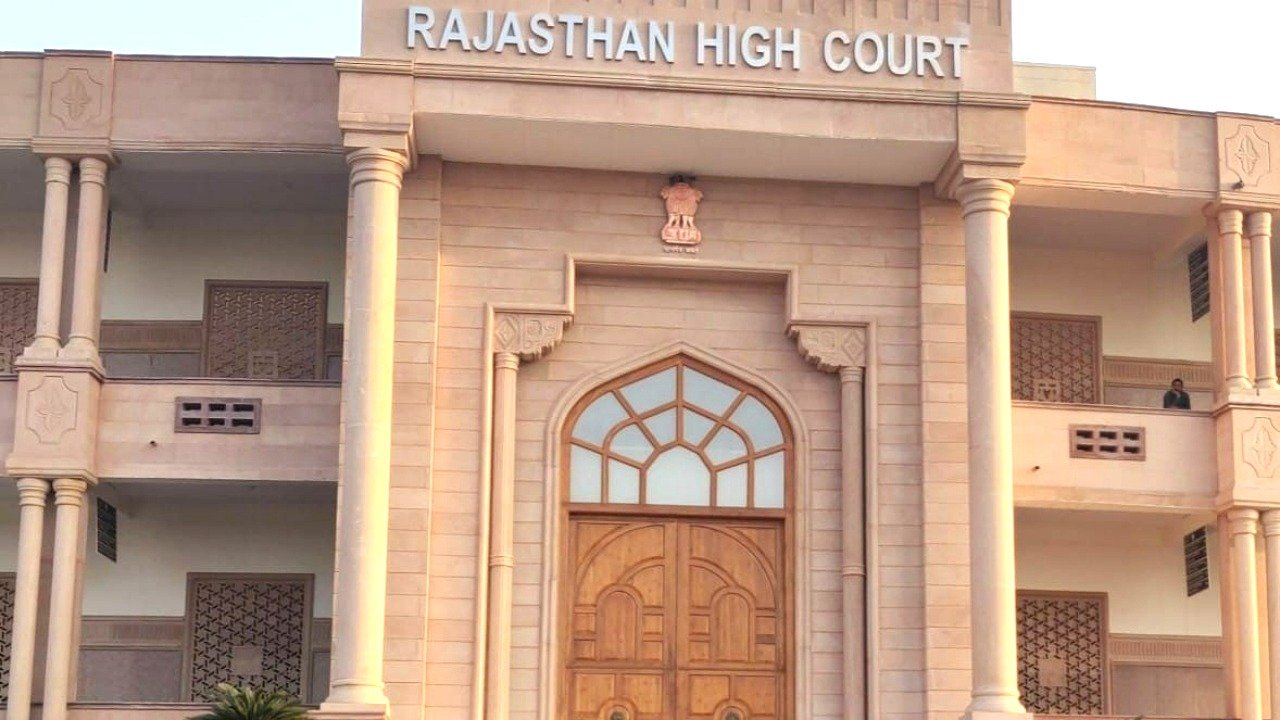The case involves a court granting bail to an individual accused of online harassment, with a unique condition: a three-year ban on using social media. This decision highlights the complexities of balancing individual rights with the need to protect others from online harm. In recent years, courts have imposed similar restrictions in cases involving online harassment, defamation and hate speech. For instance, the Kerala High Court granted bail to a YouTuber accused of posting derogatory content, conditioning his bail on refraining from making such remarks on social media. The intersection of social media, law and individual rights is increasingly significant, with courts exploring ways to regulate online behaviour while respecting freedom of expression. This case illustrates the evolving nature of jurisprudence in the digital age.
Rajasthan High Court granted bail to a 19-year-old accused in a criminal case relating to online harassment and circulation of obscene content, while imposing stringent conditions to protect the victim and her family. The Court observed that the accused is no longer required for investigation and emphasized that the bail is being granted considering the future of the young petitioner, without commenting on the merits of the case.
The accused, Akash S/o Ram Singh, had approached the High Court seeking bail in a criminal case registered at Sadar Hindaun Police Station, Karauli district, under Section 78(2) of BNS and Sections 67 and 67A of the Information Technology Act. The FIR alleged that the petitioner had edited and published videos and photos of the victim, a married adult woman, using different mobile numbers and social media accounts to intimidate and harm her reputation. The first bail application filed by the accused was dismissed as withdrawn.
There have been similar cases where courts have granted bail with conditions related to social media use. Let’s look at some relevant examples.
Kerala HC Grants Bail to YouTuber: The Kerala High Court granted bail to YouTuber Santhosh Varkey, who was arrested for a derogatory Facebook post targeting female actors. The court imposed a condition prohibiting Varkey from making derogatory remarks on social media during the bail period.
Calcutta HC Grants Bail to Influencer: The Calcutta High Court granted interim bail to influencer Sharmistha Panoli, who was arrested for allegedly hurting religious sentiments through her social media comments. The court directed Panoli to furnish a bail bond of ₹10,000.
Madhya Pradesh HC Grants Anticipatory Bail: The Madhya Pradesh High Court granted anticipatory bail to a rape accused, directing him to surrender all electronic gadgets and social media passwords to the investigating agency. The court also ordered the accused to cooperate with the investigation and submit documents and intimate photographs of the victim.
In general, courts have been imposing conditions on bail that restrict social media use, especially in cases involving online harassment or derogatory posts. These conditions aim to prevent further harm or escalation of the situation. If you’re looking for more information on a specific case, please provide more details or context.

